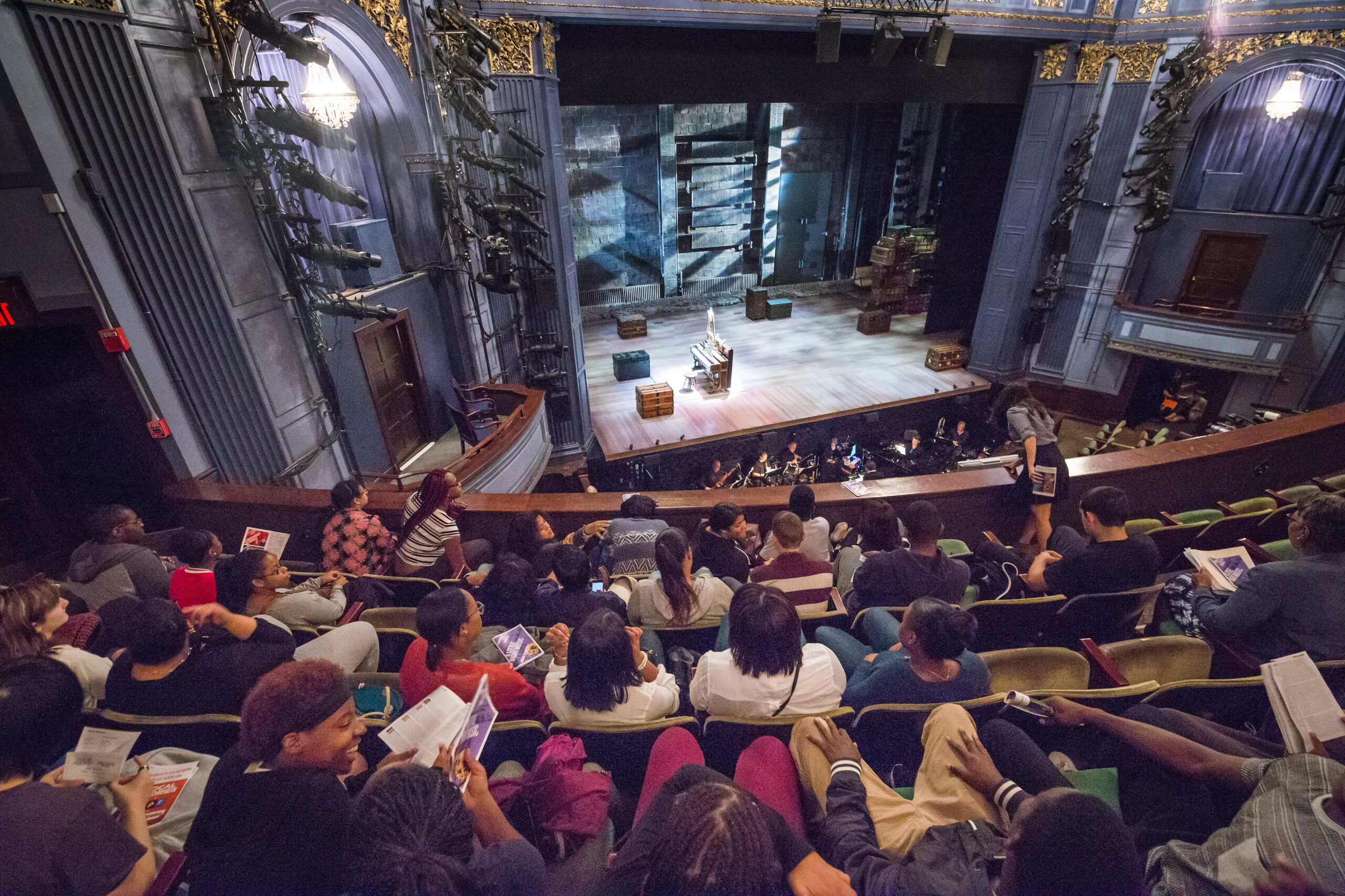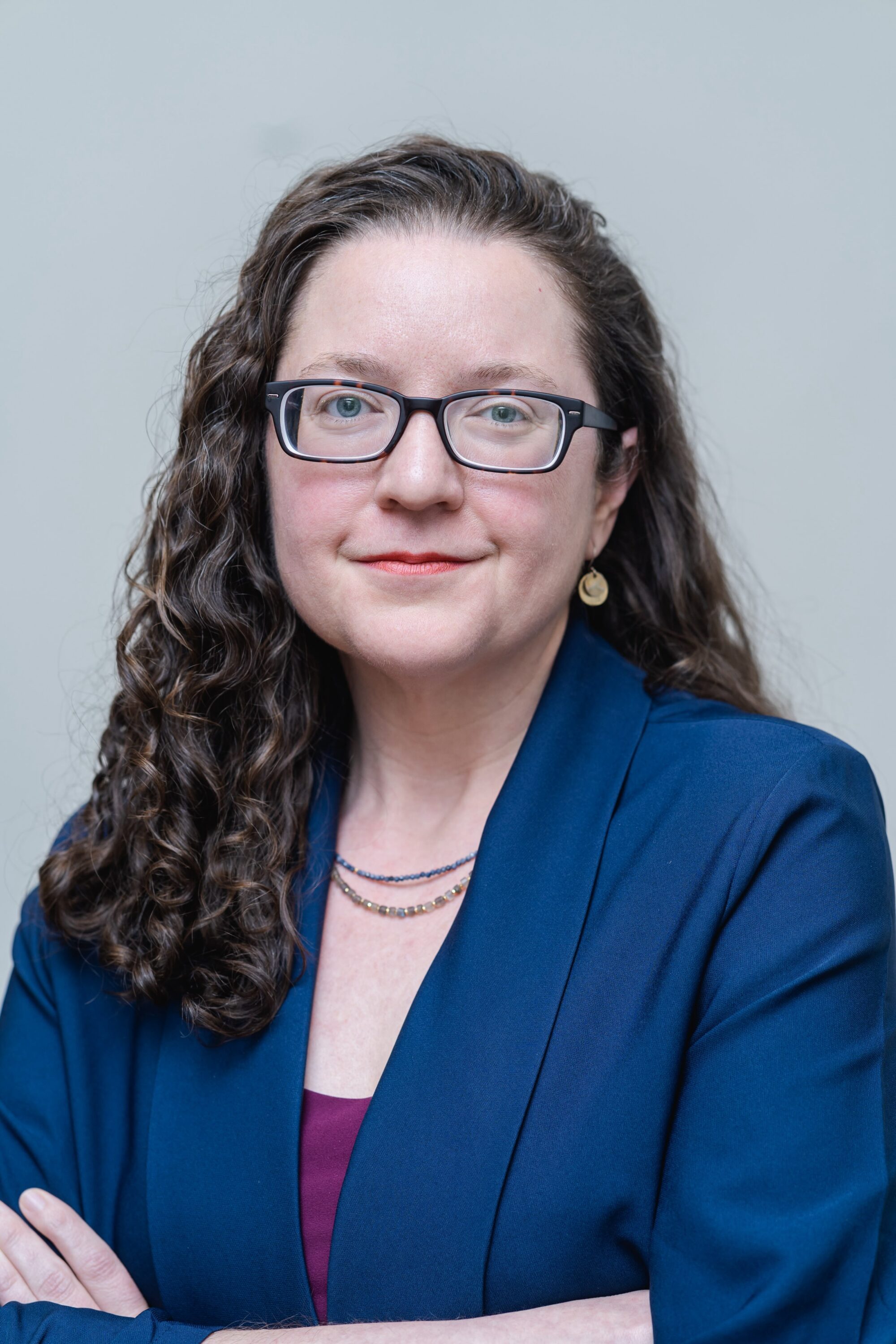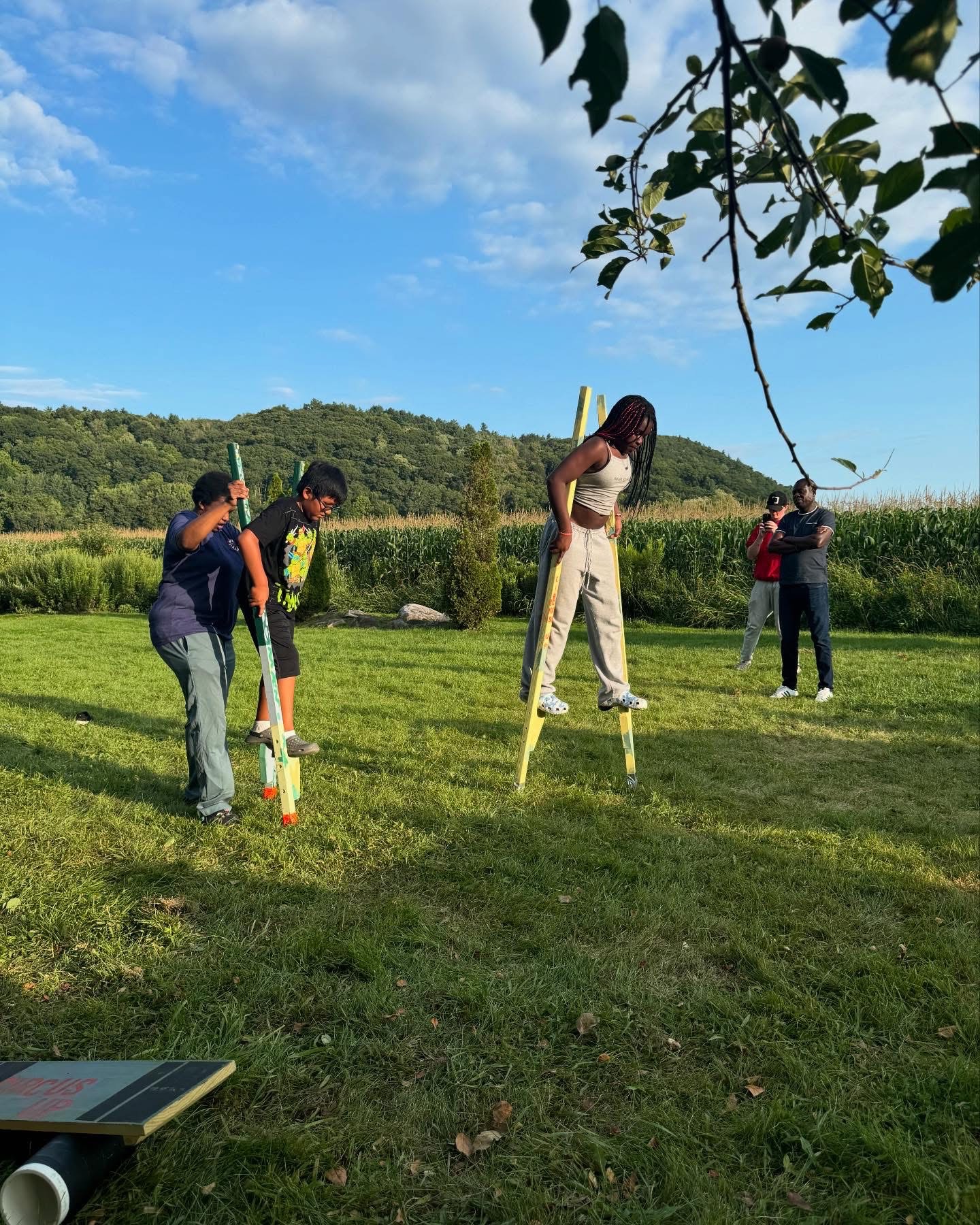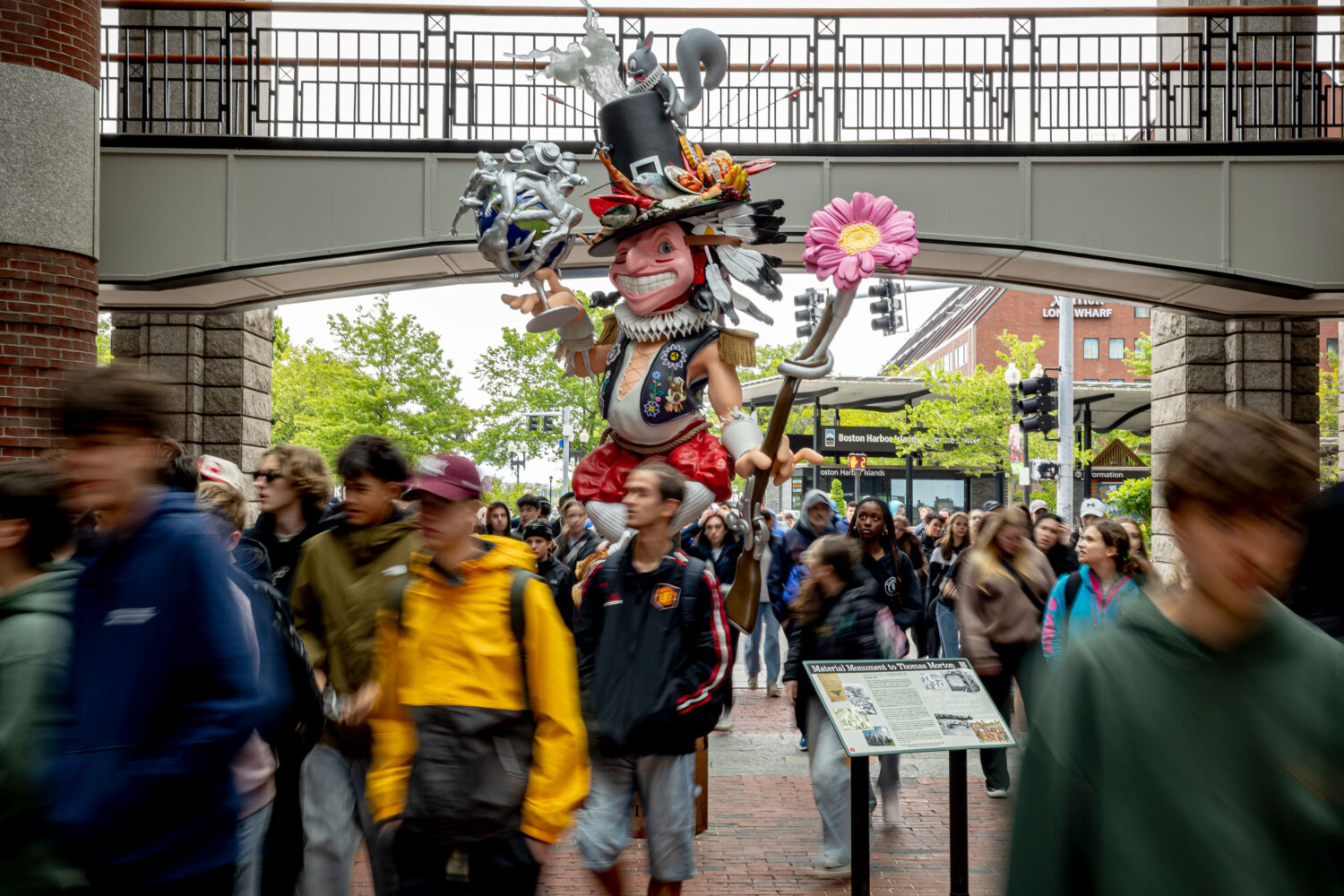In early 2020, our team at Slover Linett partnered with LaPlaca Cohento develop a national research initiative that would bring both cultural participants (artists, creatives, and arts organizations) and the broader American public into conversation about needs, hopes, creativity, equity, and community. To date, the initiative has involved two waves of a large-scale online survey, in Spring 2020 and Spring 2021, plus a qualitative study in 2021 involving in-depth interviews with Black adults around the country. Barr’s Arts & Creativity team also commissioned Slover Linett to provide “deeper dive” analyses of Massachusetts communities. The study raised new questions and made some longstanding questions more urgent for the arts and culture sector.
Culture & Community in a Time of Transformation: Focus on Massachusetts includes analysis and strategic reflections to inform the work of changemakers across the field — arts and museum leaders, artists and activists, funders and policymakers, and other practitioners working in, with, and for their communities. It explores the dynamics of race and identity in cultural engagement, the roles Massachusetts residents want arts and culture organizations to play in social change, perceptions of systemic racism in our field, and how digital engagement with arts and culture has been changing as the pandemic persisted. These findings come from a robust sample of more than 8,000 residents of Massachusetts and are compared with a sample of more than 75,000 Americans across the country.
Here are five of the findings that have been of particular interest in early discussions of these research findings:
In Massachusetts (MA), arts and culture organizations are vital to their communities. Most MA residents (65%) rated the importance of arts and culture organizations highly. That’s much higher than the national rating at 56%.
And the importance of the arts is not just a perception; it’s also reflected in high arts participation rates across the state during the pandemic in personal creative activities (93%), online engagement with arts and culture activities (74%), and community or participatory activities (57%).
However, most MA residents want to see arts and culture organizations change to become even more relevant to, and reflective of, their communities. Nearly all MA residents (92%) identified some kind of change they’d like to see among arts and culture organizations in the future. The most popular kinds of changes Commonwealth residents want to see include becoming more welcoming, accelerating practices of equity and inclusion, removing barriers to access, and deepening community rootedness.
In addition, more than three-quarters of MA residents (77%) want to see arts and culture organizations addressing social issues that matter to their communities. Systemic racial injustice was the top issue people wanted organizations to address at 46%, followed by income inequality at 37% and climate change at 35%.
Perhaps related to the importance of addressing systemic racial injustice, a substantial portion of MA residents believe systemic racism is present in each genre of arts and culture organizations – at higher rates than Americans overall.
Please read the full state level report for more insights into Massachusetts community member perspectives on arts and culture during the pandemic. And stay tuned for our next blog post, which will make the leap to recommended actions for changemakers across the field rooted in these findings. We’ll feature work already underway in organizations across the state that are on the leading edge of the action areas developed from this research. If you’re curious about those action areas now, you can also find them on pages 55-60 in the full state level report.
Cultural organizations often operate within a regional community context; therefore, we’ve also created mini region-focused reports for each of nine regions across the state of Massachusetts and are convening open discussions around activation of these findings at the regional level. Check out Barr’s new landing page to access the regional reports, sign up for these webinars, or to view recordings of those that have already occurred.
Please reach out to me by email with your comments, questions, critiques, aspirations, and actions in connection with this report, at Jen@sloverlinett.com.




